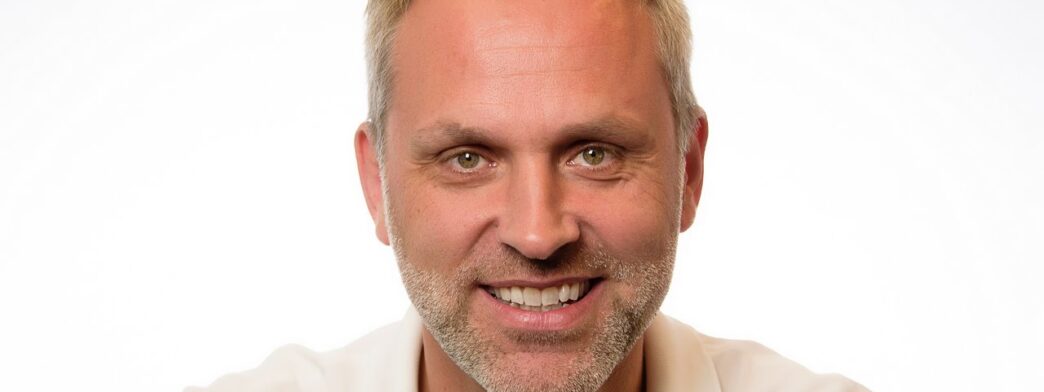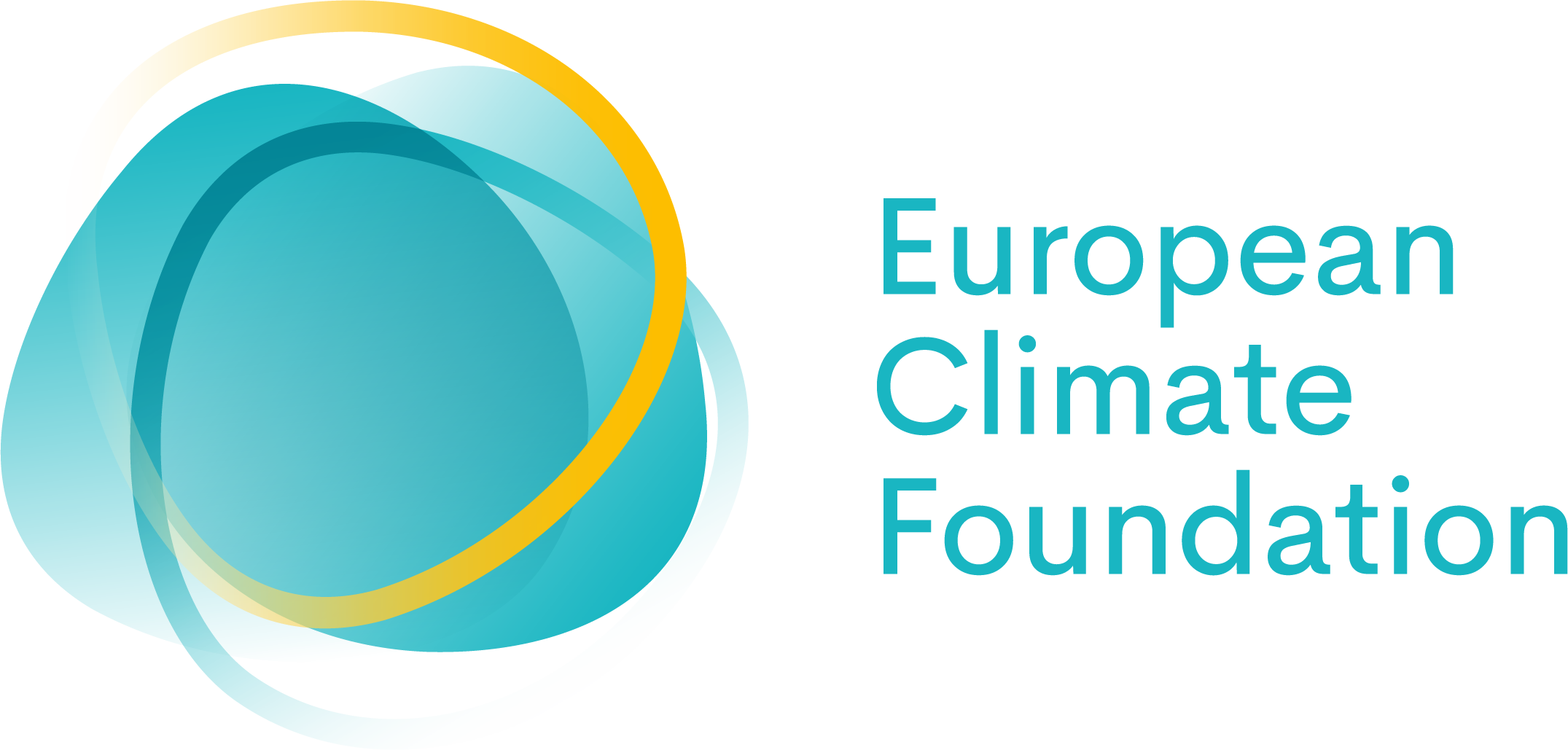Dietmar Oeliger, the European Climate Foundation: “I hope my work on the transport and energy transition will no longer be needed”
April 23, 2021

The IKEA Foundation helps many organisations accelerate their efforts in combating climate change. Facts and figures speak for themselves, but who exactly are the people behind this extraordinary work? In this storytelling series we spotlight brave individuals who move mountains in their climate action strategies and solutions. Today: Dietmar Oeliger, transport director of the European Climate Foundation.
I grew up in the 1970s in a small village in a very rural area in the west of Germany. Public transportation always has been part of my life. My grandfather had a small transport company: five buses that brought kids to school and people to work. Both he and my father were bus drivers. But my father also loved nature and tried to protect bird and amphibian habitats long before the word “biodiversity” was even invented. Back in the 1980s, in the socially conservative countryside where I grew up, that made him suspicious to others. Locals called him “the king of the frogs”. I inherited his passion – I liked the countryside and nature. It was clear to me from the beginning that we have to protect nature.
In the early 1990s, I read the book A Solar Manifesto by Hermann Scheer, a member of German parliament. Scheer called the switch from fossils to renewable energy the most important task of human beings and the solution for most of our problems. Being the father of the renewable energy law in Germany, he is probably one of the most important people to ever live because his work was the initial spark for a worldwide success of renewables. I reached out to Scheer in 1994, asking if I could do an internship in his organisation, EUROSOLAR. That was the beginning of my career. I worked for five years there before moving into transport. Now at the European Climate Foundation (ECF), I concentrate on the transition from gasoline and diesel to electric vehicles. My job lets me unite two worlds I care about: renewable energy and sustainable transport.
Transition towards electric happening
Roughly 75% of CO2 emissions from transport in Europe come from cars and trucks. When I worked at NABU, one of the biggest environmental organisations in Germany, we tried to force the industry to produce more efficient cars. On paper, emissions were significantly decreasing – but in the real world, nothing happened. Emissions were still way too high, because automakers used a lot of loopholes in the regulation. Also, more SUVs with higher emissions were pushed on the market. We had to learn that having more efficient cars alone is not the solution for our problems. We have to switch to zero emissions technology instead. But for two years now, I’ve seen how we’re making progress. For example, in Germany in 2020, around 20% of all new cars sold had a plug. One out of every 10 new cars sold is a pure battery electric vehicle. This rate is even higher in the Netherlands and Norway. And now first carmakers and countries have announced the phase-out of combustion engines by 2030. That’s exciting considering where we were only two or three years ago. Back then, most automakers said: “No, there’s no alternative to an efficient fossil fuel engine and no demand for zero emissions vehicles.” Together with our grantees, the ECF also helped convince the German government to stop incentivising gasoline and diesel cars. Because Germany is by far the biggest market for new vehicles, this was a very important signal that helps steer the discussion in other countries.
Hopes for the future
If I had 10 minutes to speak at the 26th UN Climate Change Conference, I’d ask leaders to look their children or grandchildren in the eyes and tell them that they unfortunately are going to have to live in a plus-two-degrees to plus-five-degrees world, with all its negative effects. This is only so because the leaders did not have the will to listen to science. They did not ban use of fossil fuels as early as needed.
I hope my work on the transport and energy transition one day will no longer be needed. I hope that is the case before I retire because by then we are living in a fossil-free world. If not working on transport, I’d probably work on animal rights because the way we currently treat animals to produce food is an ethical and ecological disaster.
This story was based on an interview with Dietmar in April.
About
Dietmar Oeliger is the transport director at the European Climate Foundation. Before working at ECF, he led the transport team at NABU, Germany’s Nature and Biodiversity Conservation Union. Before joining NABU, Dietmar worked for EUROSOLAR, the European Association for Renewable Energy in Bonn.
The European Climate Foundation supports organisations and activities that improve lives, influence the public debate on climate action and facilitate urgent policies in line with the Paris Agreement to help deliver a socially responsible transition to a sustainable economy in Europe and around the world.







